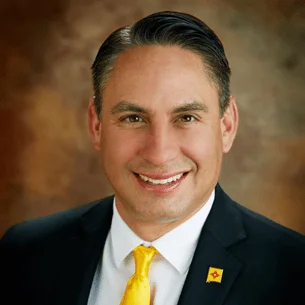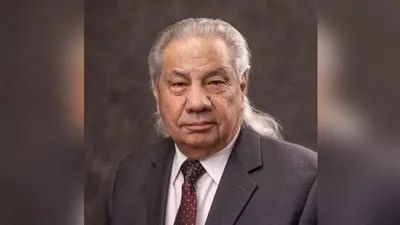GuJuan Fusilier, Mah-konce Hudson, and O’Shay Toney have initiated a class action lawsuit against the New Mexico Corrections Department (NMCD) and the Penitentiary of New Mexico (PNM). The legal action challenges the state's use of long-term solitary confinement within its Predatory Behavior Management Program (PBMP), alleging that it violates the New Mexico Constitution's prohibition on cruel and unusual punishment. The plaintiffs are represented by the American Civil Liberties Union (ACLU) of New Mexico and Keker, Van Nest & Peters LLP.
O'Shay Toney, who has been confined in PBMP four times over approximately five years, criticized the program's lack of rehabilitative efforts. "No programming combined with long-term segregation in harsh conditions leads to an increase in mental health and behavioral issues," he stated. Despite suffering from PTSD, anxiety, and insomnia, Toney claims he receives no substantial treatment.
The PBMP was established in 2015 as a behavior-based initiative for individuals requiring increased supervision. However, according to the lawsuit, it functions as a long-term solitary confinement unit without addressing predatory behavior or facilitating societal reintegration. Plaintiffs describe their experiences as involving severe isolation and inadequate living conditions.
Nick Goldberg from Keker, Van Nest & Peters LLP emphasized the broader implications for incarcerated individuals returning to society: "More than 95% of incarcerated people will eventually return to their communities... We want them to come back healthy so they can successfully reenter their communities."
GuJuan Fusilier reported significant weight loss due to poor nutrition during his time in PBMP. He expressed frustration at the lack of support for his mental health needs: "This so-called program offered NOTHING it promised... It feels like the people running it don’t care about the success of my life."
Medical experts widely agree that solitary confinement can cause severe psychological harm. Symptoms may include increased anxiety, cognitive impairments, and exacerbated pre-existing illnesses due to sensory deprivation.
Mah-konce Hudson highlighted how solitary confinement worsens mental health issues: "Long term solitary confinement in no way deters predatory behavior... It turns anger into hate." Hudson's interactions with mental health providers are reportedly limited to brief conversations through cell bars.
Lalita Moskowitz from ACLU of New Mexico criticized PBMP's effectiveness: "PBMP achieves the opposite of rehabilitation... This practice tears families apart and offers no benefit to public safety."
Currently, around 200 individuals are held within PBMP in New Mexico.









